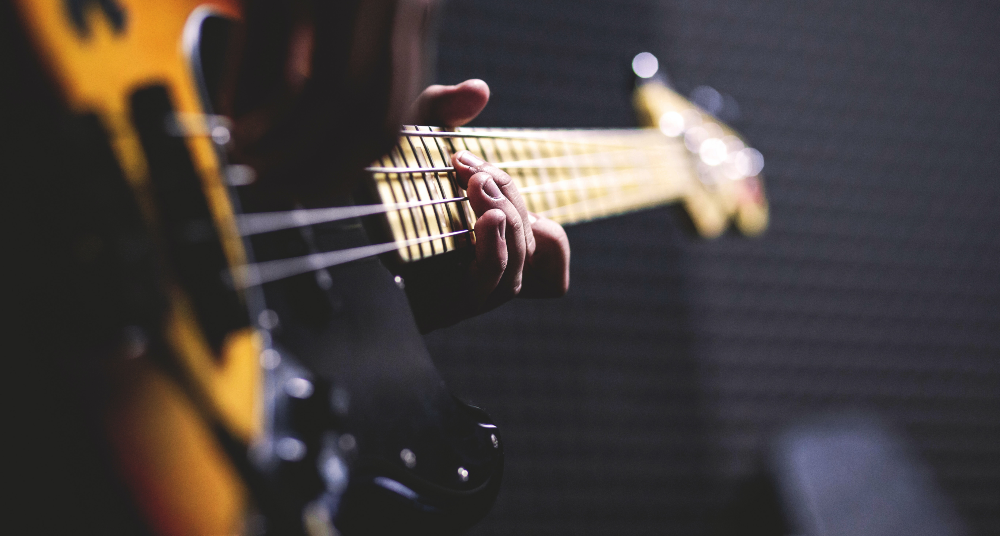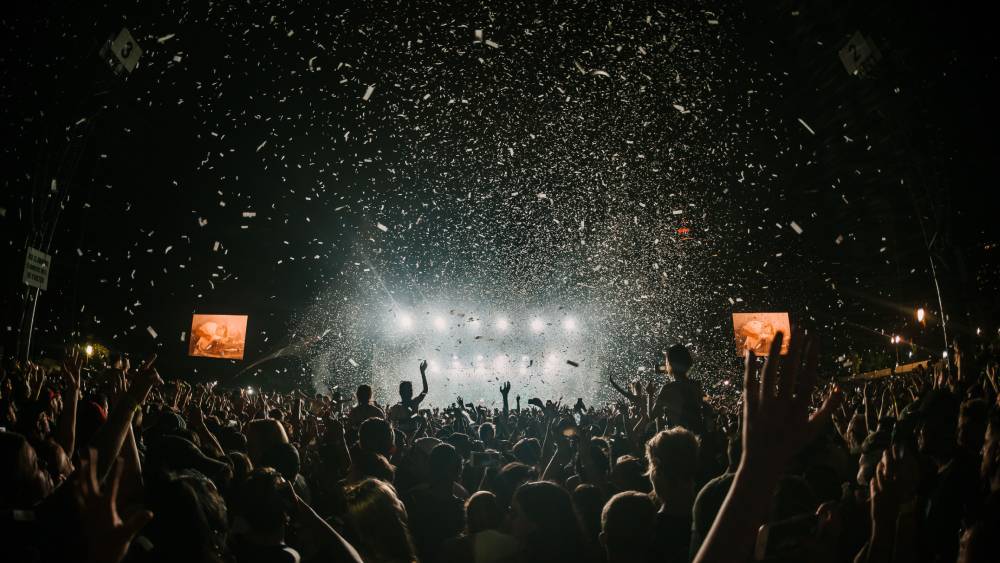Royalties are essential if you want to make a living from your music.
PRS collects and distributes royalties for musical works that have been publicly performed or played. This could be when performed live, broadcast on television or radio, streamed or downloaded, or played in a public space such as a shop, bar or restaurant. Imagine if you had to license all these performances or plays individually. Becoming a member means that you assign your rights to PRS, and it will then undertake this work on your behalf.
Being a PRS member means that you don’t need to worry about licensing performances of your music, but to get the most out of your membership, you need to make sure you're staying on top of a few keys things.
Here, Dan Lewis — Classical Relationship Manager at PRS for Music — shares his golden rules.
Register your works
Once you become a PRS member, you’ll need to register your works in order to earn royalties. To ensure you are paid as quickly as possible, you should do this before any potential performances.
The main information PRS asks for is the work title, duration of the song and the names of your co-writers. Be sure to check that everything is spelt correctly — mistakes could result in a delay in earnings.
As a writer or composer, you can register works and amend the details at any time.
The register works tool is paramount in making money with PRS.
Check for unnotified works — you may have money to claim
Musicians are often very busy, and it’s not always feasible to register works ahead of performances - perhaps you’re on tour and you’re playing a new track that you’ve written on that tour.
Fortunately, PRS has a mechanism in place to ensure that works that you haven’t registered are accounted for, so that you don’t miss out on the money you’re owed.
Unnotified works occur when a music user reports a performance to PRS, but we are unable to match it to a registration in our database. In such cases, we create a nominal registration called an unnotified work. In order to pay royalties for this work, we need you to formally register it with us.
To check for notified works, log in to PRS and select My Works. If there is an Unnotified Works tab, make sure you register all the works that appear.
Keep your account details updated
It might seem obvious, but it’s important that you ensure all your details are correct. If you move house, PRS should be on the list of companies you need to inform along with your bank and your employer. If your details aren’t up to date, you might miss out on royalty payments.
Submit your live music and DJ performances
There are two main types of venues when it comes to licensing. Concert venues such as the O2 or The Royal Albert Hall exist solely for the purpose of putting on live music events. These venues are required to send performance data to PRS in the form of setlists. Non-concert venues offer live music, but have other aspects to their business — think of your local pub that puts on gigs. It is not always feasible for non-concert venues to submit setlists to PRS, so we need you to inform us.
This is where PRS’ live reporting tool comes in.
To report a live performance, log on to the PRS website and select Report Live Performances. We need to know the date you played, where you played and what songs you played. Once you have submitted this information, we will process your claim before distributing royalties in the next available distribution. You can save setlists so that you don’t have to search for every song each time you submit a claim. This is particularly useful for when you go on tour and repeat your setlist.
Get help and support from PRS
Get in touch if you have any questions, or are experiencing any issues. The best way to do this is via the Get Help and Support section of our website. You’ll find a wealth of articles and videos designed to help you navigate your membership. Check out these webinars for a demonstration of all the tips mentioned above, from registering your works to reporting live performances.





